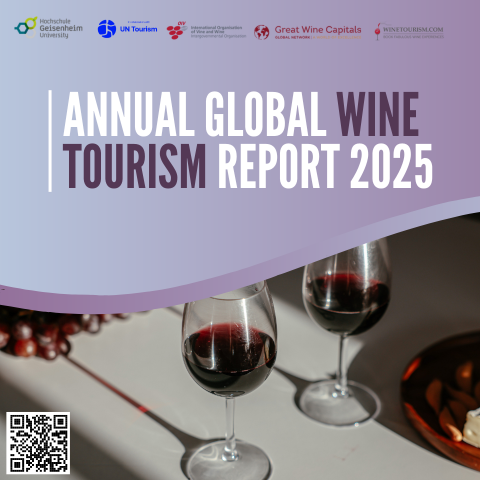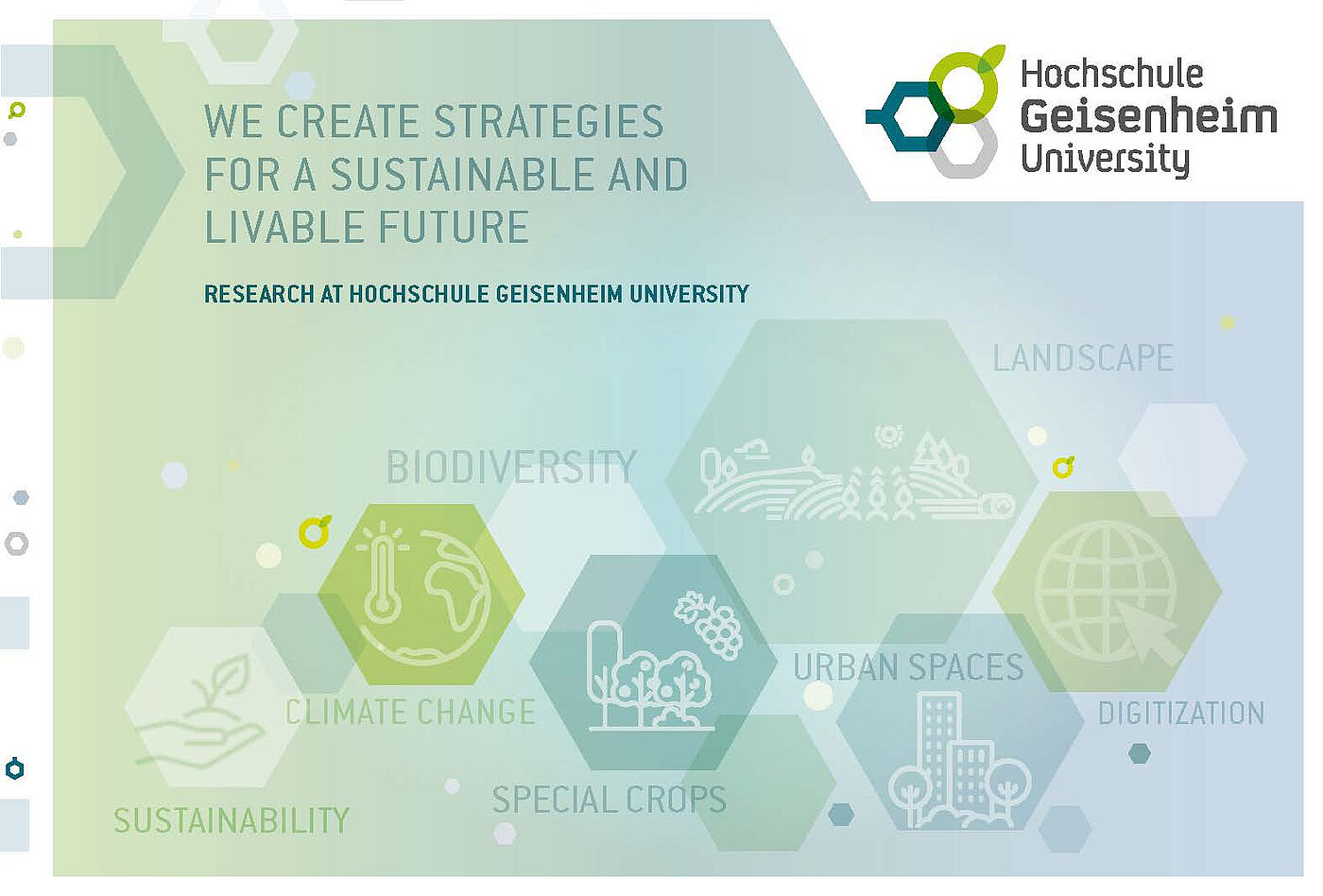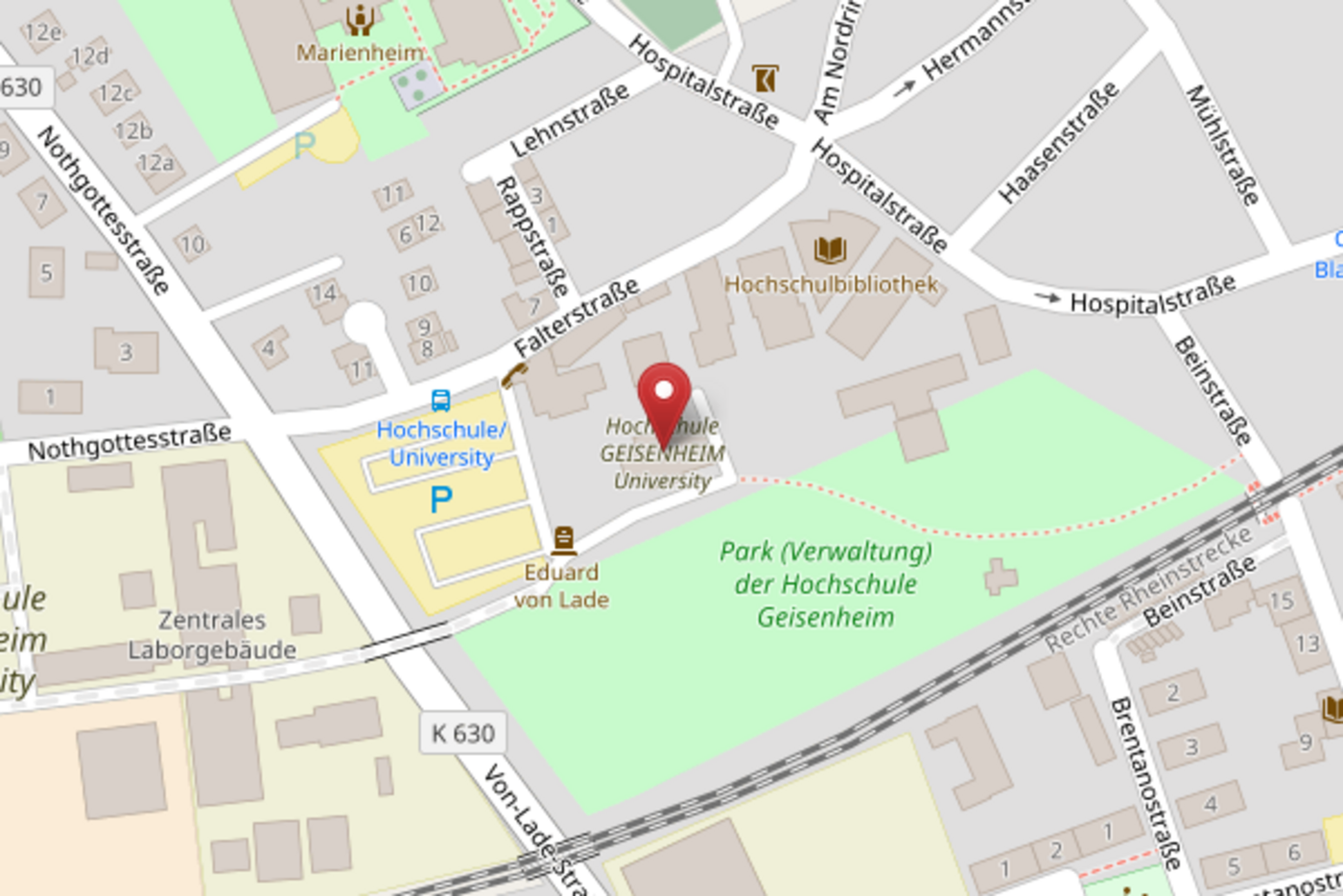Wine tourism has seen significant growth over the past decade, emerging as a profitable and dynamic branch of the global wine industry. As a driver of sustainable development, it also plays a key role in diversifying rural economies, creating jobs, and bringing tangible benefits to local communities. It fosters the preservation of cultural and natural heritage, while promoting more responsible and inclusive tourism models. However, despite its rising importance, both academics and industry professionals continue to face challenges due to a lack of reliable data and insights. There is a clear information gap in the field of wine tourism at the international level, which limits the ability of policymakers and industry to formulate evidence-based public policies and business plans.
To address this need, Hochschule Geisenheim University, in collaboration with WineTourism.com, UN Tourism, the International Organization of Vine and Wine (OIV), and the Great Wine Capitals Global Network, has launched a global research initiative. This initiative will culminate in a Global Report on Wine Tourism Trends based on an annual worldwide survey to generate up-to-date data and insights on key developments.
“Our common goal is to provide valuable findings directly to wineries and tourism organizations through an annual report. This year's survey focuses on innovation and emerging trends that have fundamentally reshaped the wine tourism landscape recently."
– Professor Gergely Szolnoki, Hochschule Geisenheim University
The strength of this initiative lies in the collaboration between international organizations, academic institutions, and industry partners — a unique cooperation bringing together diverse expertise and global perspectives.
The findings of the study will be freely available in the form of a report and will be presented simultaneously at various events, such as the UN Tourism Wine Tourism Conference in Bulgaria on October 6–7, 2025 andthe Great Wine Capitals Annual Conference in Bordeaux on November 2–6, 2025. Wineries from across the world are warmly invited to take part in the survey. Your participation is vital to creating a comprehensive picture of the global wine tourism sector.
Point of contact for research project:
Professor Gergely Szolnoki
Hochschule Geisenheim University
Tel: +49 6722 502 394
E-mail: Gergely.Szolnoki(at)hs-gm.de
Download visual materials and the press release here.







